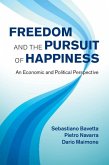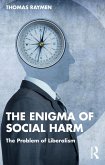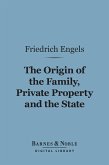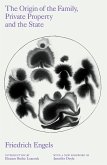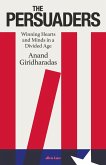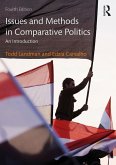The human is a central reference point for human rights. But who or what is that human? And given its long history of exclusiveness, when so many of those now recognised as human were denied the name, how much confidence can we attach to the term? This book works towards a sense of the human that does without substantive accounts of 'humanity' while also avoiding their opposite - the contentless versions that deny important differences such as race, gender and sexuality. Drawing inspiration from Hannah Arendt's anti-foundationalism, Phillips rejects the idea of 'humanness' as grounded in essential characteristics we can be shown to share. She stresses instead the human as claim and commitment, as enactment and politics of equality. In doing so, she engages with a range of contemporary debates on human dignity, humanism, and post-humanism, and argues that none of these is necessary to a strong politics of the human.
Dieser Download kann aus rechtlichen Gründen nur mit Rechnungsadresse in A, B, BG, CY, CZ, D, DK, EW, E, FIN, F, GR, HR, H, IRL, I, LT, L, LR, M, NL, PL, P, R, S, SLO, SK ausgeliefert werden.



